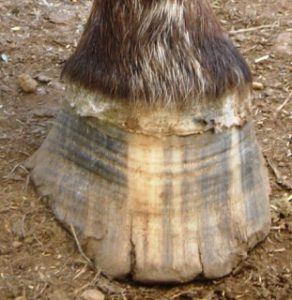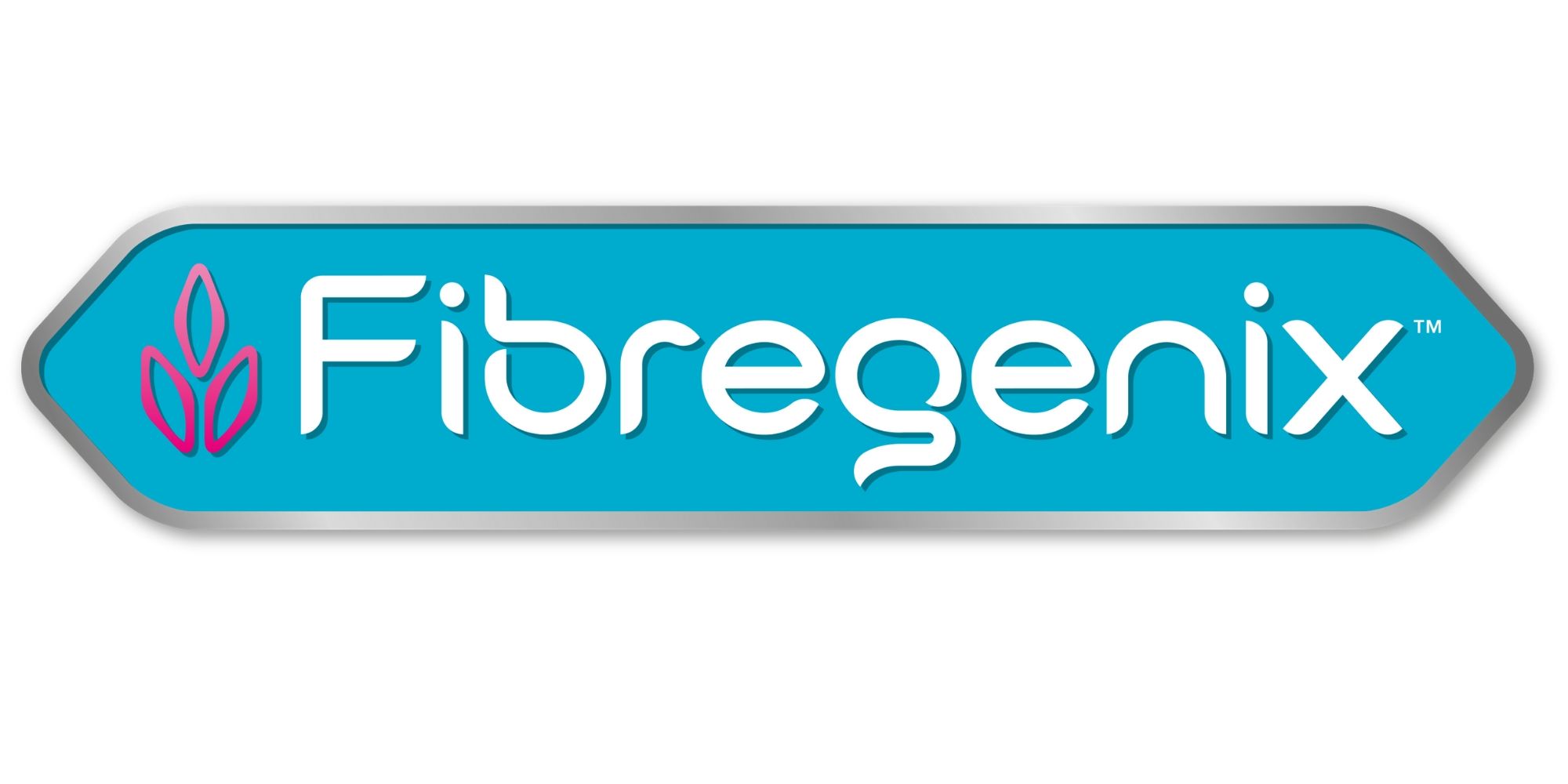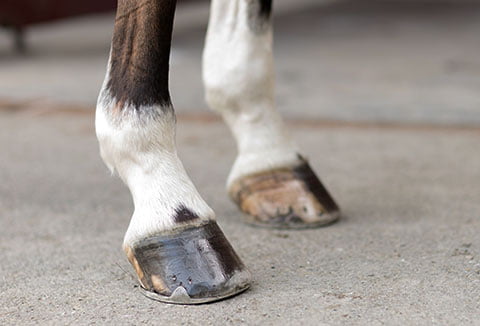Building healthy hooves is something that doesn’t happen in a couple of weeks or even a couple of months. Yet it seems to me that some horses have a bigger shoe habit than Imelda Marcos. When you’re paying upwards of $140 every four to six weeks, it can be so frustrating if your horse has chipped, cracked or thin feet that don’t hold on to a shoe for any length of time.
Scientific studies in different countries have shown an incidence of poor hoof quality in 30-40% of the horses studied. However, nutrition is just one part of the equation in building healthy hooves. Farriery, genetics, conformation, management, and environmental conditions all play their part too.
Hoof Growth and Structure
Hoof growth is relatively slow, at around 0.2mm a day, meaning that the horn takes 9-12 months to grow from the coronary band to the weight-bearing surface. Any adverse changes, therefore, take a while to correct. You only have to look closely at a hoof to see that it’s actually highly complex in structure. Hoof wall thickness and strength are created by layers of linked cells. The strength of the hoof depends on the ability of these layers to hold together.
Building healthy hooves must, therefore, concentrate on the hoof cells and the lipid “glue” that holds the wall together.
Dietary Nutrients for Building Healthy Hooves
First and foremost, building healthy hooves requires a balanced diet – one containing appropriate amounts of all nutrients, from energy and protein down to the smallest micronutrient.
 The B-vitamin biotin was the first micronutrient identified as a benefit for the production of hoof horn. Research has shown that at least 3mg of biotin per 100kg of a horse’s bodyweight is desirable. However subsequent research reveals that biotin alone will improve only 6% of cases with deficient horn quality. Subsequent research identifies that a diet balanced in macronutrients and containing more than 60 specific micronutrients is essential to optimise the horn growth rate and quality in horses.
The B-vitamin biotin was the first micronutrient identified as a benefit for the production of hoof horn. Research has shown that at least 3mg of biotin per 100kg of a horse’s bodyweight is desirable. However subsequent research reveals that biotin alone will improve only 6% of cases with deficient horn quality. Subsequent research identifies that a diet balanced in macronutrients and containing more than 60 specific micronutrients is essential to optimise the horn growth rate and quality in horses.
High-grain, low-forage diets may not support hoof growth. Not only may B-vitamin production be low, but low calcium availability can also result in weakness – calcium is reported as having a direct effect on the attachment of layers of hoof horn.
It’s easy to understand why grass-fed horses may have nutritional hoof problems, as the grass is often very poor in essential nutrients.
Changing conditions such as wet and dry weather and uneven ground certainly have an impact on the physical qualities of hoof horn. Ie it tends to dry out and crack in hot, dry conditions and becomes waterlogged and weak during the wet periods. Unless your horse has been receiving the correct lipids in its diet which can be incorporated into the hoof matrix, it’s likely to suffer from cracked hooves, collapsed heels, horn infections and frequent shoe loss.
Nutrients for Hoof Health you never thought about…
Nucleotides – these molecules make up the structural units of DNA and RNA. They promote rapid cell proliferation aiding the growth of the hoof wall. Another benefit of adding nucleotides to the diet is their role in maintaining a healthy immune system. This means that any bacterial infections present, particularly common in the hoof, can be fought effectively.
Omega 3 essential fatty acid – Omega 3 is particularly important in the role of hoof care with its healing and natural anti-inflammatory properties. A horse normally gets Omega 3 from forage. However, if the pasture is scarce or unavailable, a deficiency can and will exacerbate hoof wall problems. Therefore, preventing deficiencies in this nutrient is paramount.
Tips to keep your horse’s hooves healthy
- Practice good equine husbandry on a daily basis when caring for your horse’s feet
- Ensure your horse receives regular expert care from a competent qualified farrier
- If your horse has poor feet, take into account the nutrient supply from forage and hard feed. Look for gaps, most likely in vitamin, mineral and trace elements
- Feed a supplement known to supply the essential micronutrients for building healthy hooves which you can combine with forage only or an alfalfa-based low cereal diet.
- Feed a Fibregenix balancer which contains calcium, nucleotides, Omega 3 and a potent and comprehensive hoof improvement supplement of biotin, methionine, lysine, and organic chelated zinc and copper. These amino acids, vitamins, minerals, and other nutrients are very important when building healthy hooves.
Article reviewed and updated April 2021


